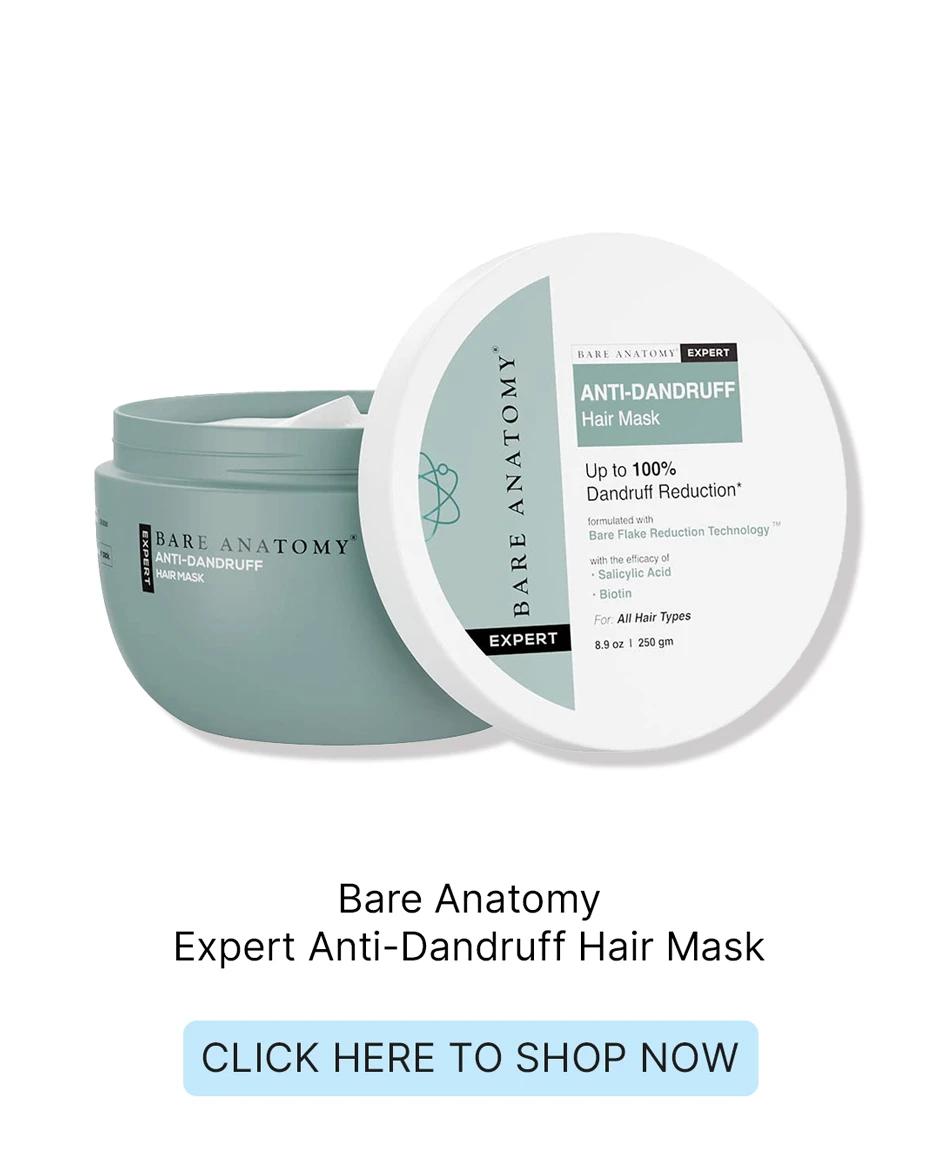Hair fall can be properly stressful, right? One day you're flipping your hair like you're in a shampoo advert, the next you're finding strands everywhere—your pillow, the shower drain, your favourite jumper. While some hair loss is totally normal (we lose about 50-100 strands daily), when it becomes excessive, it might be time to look at what's going on inside your body. The right vitamin for hair fall prevention can be a game-changer, but with so many options out there, how do you know which ones actually work? Let's break down the science behind hair health and discover which nutrients for healthy hair deserve a spot in your routine.
Understanding Hair Fall and Its Causes
Before diving into thinning hair solutions, let's talk about what's actually happening up there. Your hair goes through a natural cycle—growing, resting, and eventually shedding to make room for new growth. This process is completely normal, but sometimes things go a bit wonky.
Common culprits behind excessive hair fall include hormonal changes, stress, poor diet, medical conditions, and even tight hairstyles (yes, that super-sleek bun might be working against you). But here's where it gets interesting—your hair follicles are basically tiny factories that need proper fuel to function. When you're lacking essential minerals for hair or key vitamins, these factories slow down production or create weaker strands that break easily.
Nutrition plays a massive role in hair health. Think of it this way: if your body is a phone, vitamins and minerals are the charger. Without proper nourishment, your hair follicles can't do their job properly, leading to brittle, thin, or slow-growing hair.
Essential Vitamins for Hair Fall Prevention
When it comes to hair loss supplements, not all vitamins are created equal. Some are absolute legends for hair growth, while others are more of a supporting cast. Let's explore the main players that actually make a difference to your haircare routine.
Biotin (Vitamin B7): The Hair Growth Powerhouse
Biotin for hair growth isn't just hype—it's backed by science. This B vitamin helps your body produce keratin, the protein that makes up your hair structure. Without enough biotin, your hair can become weak and prone to breakage.
You'll find biotin in eggs (especially the yolks), nuts, seeds, and leafy greens. Most hair strengthening supplements contain around 30-100 micrograms of biotin, which is well above the daily recommended amount of 30 micrograms.
Vitamin D: The Sunshine Vitamin for Your Hair
Low vitamin D levels have been linked to hair loss conditions, particularly in women. This vitamin helps create new hair follicles and keeps existing ones healthy.
While sunlight is the best natural source, you can also get vitamin D from fatty fish, fortified foods, and supplements. Aim for blood levels between 30-50 ng/mL for optimal hair health.
Vitamin A: Balancing Act for Scalp Health

